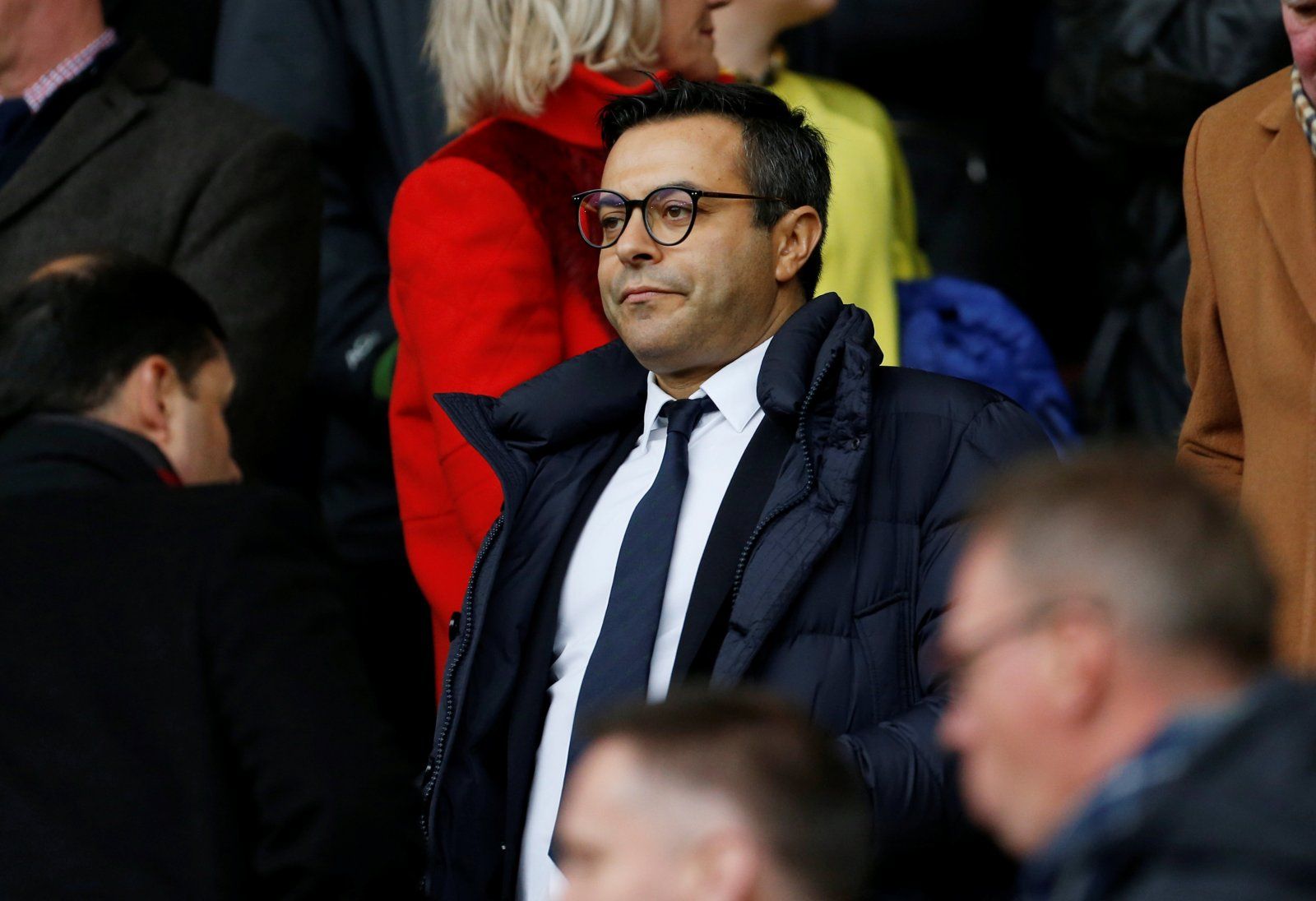Leeds owner, Andrea Radrizzani, has provided an update surrounding Middlesbrough and Derby’s recent disagreement over Derby’s stadium sale.
Back in April, Derby had reported a £14.6million profit following the £80million sale of their stadium to a company owned by their owner, Mel Morris. The controversy arose from the fact that this profit was their first in 10 years and the stadium was initially independently valued on the club’s books as an asset worth £41million.
Without the sale of their stadium, the Rams would have most likely been in breach of the EFL’s ‘Profit and sustainability’ rules. This sale and turnaround in Derby’s revenue sparked anger from Middlesbrough owner, Steve Gibson, who sought to sue the club over clearly flouting the rules. Derby insisted they had not been in breach of any rules and stated to the Telegraph: "Middlesbrough were offered by us in writing to come with their advisors to go through our submissions for profitability and sustainability, [but] they declined."
Derby are not the only club to sell their stadium to a holding company, to then lease it back. Fellow Championship outfits Sheffield Wednesday and Reading have also done this to avoid breaching EFL regulations.
Following an attempt to take legal action, Steve Gibson sought the support of Radrizzani in lodging a joint appeal to investigate Derby’s sale of their ground, with Radrizzani rejecting the Middlesbrough owner’s proposal, he told the Times: "The rules were not written in a way to avoid a conflict of interest and to shortcut FFP — 100 per cent it should change, it needs to be clear for the future.
"Middlesbrough approached us to sue about the other clubs. In principle, I agreed with them but decided not to do it because I wanted to focus on the football.”
Derby had released a statement clarifying the situation from their perspective, claiming not to have been in breach of any rules and that the EFL sanctioned this sale, giving Morris the approval to go ahead before Derby then proceeded.
The Verdict
While it seems to have been exploiting a clear loophole, there should not be much debate about Derby’s actions because they looked for approval before going ahead with the sale, along with Reading and Wednesday. For Steve Gibson to direct his grievances in the correct place, he should be requesting the EFL revise their rules on the matter, as Radrizzani alluded to.
Gibson has every right to be angered by this development because it gave Derby a huge financial buffer allowing them to operate without serious financial strain, an advantage they gained which is not available to every club and is morally dubious.

